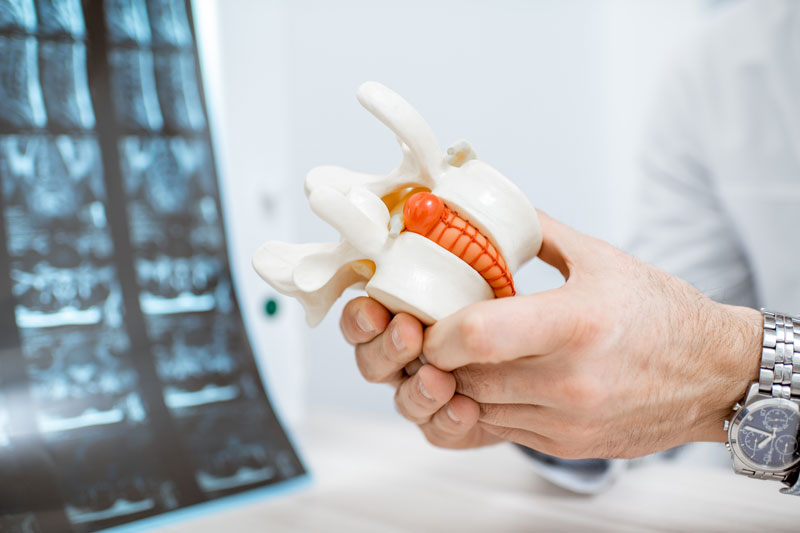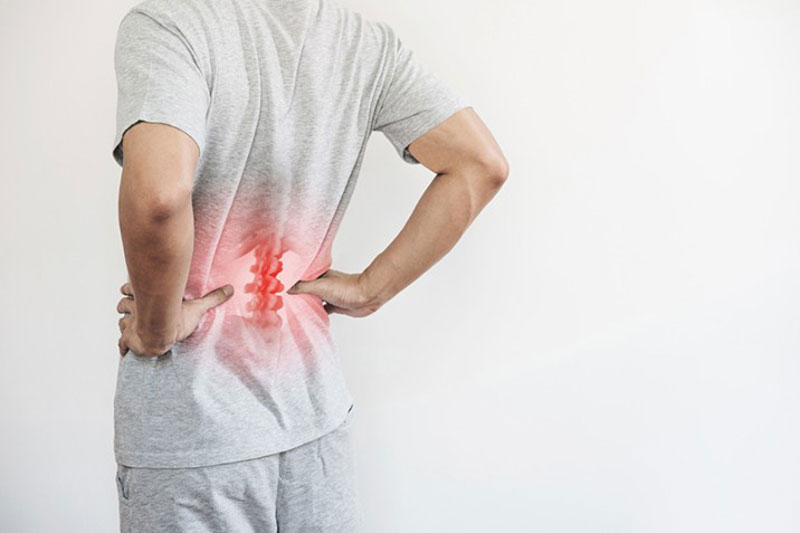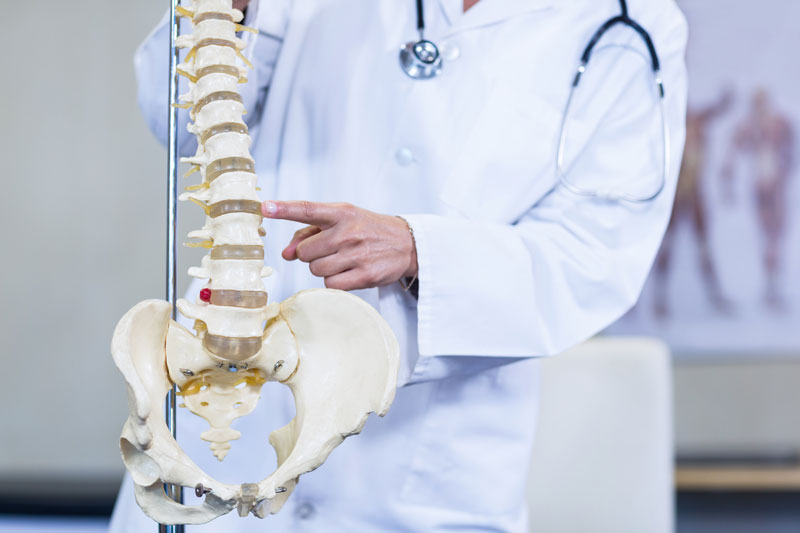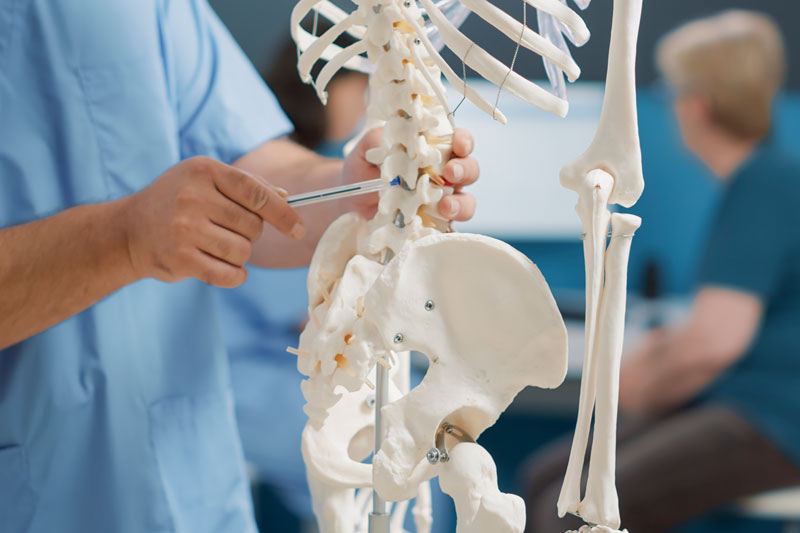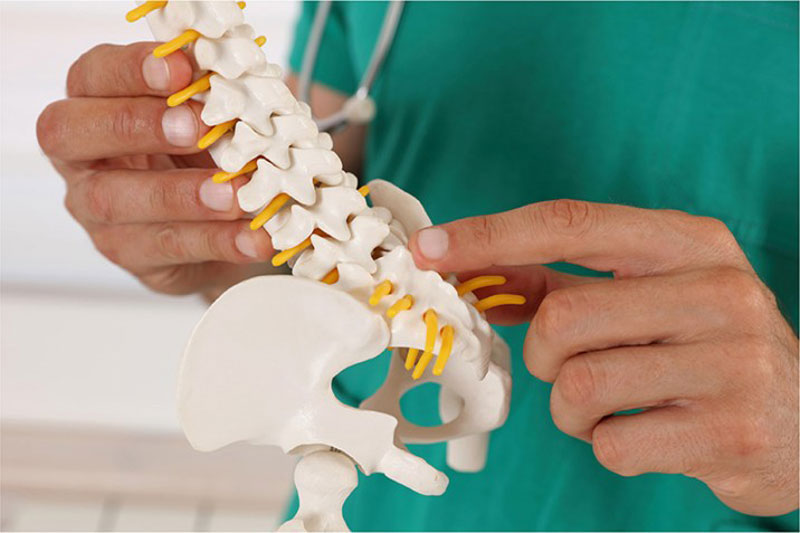What is Shoulder Pain?
Shoulder pain is the discomfort caused by musculoskeletal tissues, nerves, or blood vessels in the shoulder area. The clavicle, upper humerus, and scapula are part of this region. You will experience pain in your shoulders, but you will also most likely experience pain in your upper back and neck.
Shoulder pain can be both acute and chronic. Acute pain is a sort of short-term pain that usually occurs after an accident. Chronic shoulder pain might manifest as an aching sensation or severe pain. In more severe situations, it may also be accompanied by weakness or a limited range of motion. Many people’s pain worsens when they move their shoulder or use it to lift a weight.
What Causes Shoulder Pain?
These include the followings:
Overuse Injuries:
Overuse injuries are among the top causes of shoulder pain. Shoulder pain may indicate injury to the local tissues. Overuse injury can harm your shoulder’s muscles, tendons, and ligaments. It may result in irritation and pain.
A torn rotator cuff is a common injury. This injury affects the muscles and tendons that hold the humerus (arm bone) in the shoulder joint. Rotator cuff injuries can result from excessive use of the arm, lifting too much weight, or falling. A torn rotator cuff can be an acute injury or the result of tissue deterioration over time.
Shoulder Injuries:
Broken bones or dislocated joints, such as a broken collarbone or arm, can cause shoulder pain. The collarbone (clavicle) is a common location of injury in adults and teenagers because it connects the sternum to the scapula (shoulder blade).
The causes of shoulder injuries include:
- Falling
- Pulling and twisting of the arm
- Abuse
- Trauma
- Physical trauma from a car accident
- Sports injuries
Osteoarthritis And Rheumatoid Arthritis:
Years of physical activity and wear and tear on the shoulder joint cause osteoarthritis. The cartilage degradation in the joints causes swelling, discomfort, and stiffness in this disorder.
Rheumatoid arthritis is an autoimmune disease that causes chronic joint inflammation and discomfort.
Frozen Shoulder:
Frozen shoulder (adhesive capsulitis) is a painful disorder characterized by shoulder stiffness and limited motion. The connective tissue surrounding the shoulder joint thickens, causing shoulder movement to be restricted. This issue usually worsens gradually until the shoulder is entirely immobile.
Pinched Nerve:
A pinched nerve occurs when a nerve within your shoulder is pressed by bone, muscle, cartilage, or tendon. This pressure disrupts nerve signals, resulting in pain, numbness, and tingling.
How is Shoulder Pain Diagnosed?
Your doctor will begin with a physical exam to rule out any structural issues and anything involving your spine or neck. They will then assess your range of motion to see how strong and flexible your shoulder is.
Your doctor may also suggest one or more imaging tests to obtain a better look:
X-Rays:
These can assist your doctor in determining the presence of bone spurs, arthritis, and other bone-related issues for your shoulder pain.
MRI Scan:
It creates detailed photos of your shoulder using radio waves.
CT Scan:
It is a sequence of X-rays captured from various angles. When combined, they can provide a complete picture of what’s going on with your shoulder.
Treatment Options for Shoulder Pain
Your treatment will be determined by the sort of shoulder pain you are having. Shoulder pain is most commonly due to an injury to the muscles, tendons, or ligaments and resolves after rest. Ice and over-the-counter pain relievers or anti-inflammatories may also be beneficial in reducing swelling and pain.
1. Injury Treatment:
The first step in treating a fracture is to immobilize the joint in a sling or figure-eight strap for the collarbone or cast for the arm. It takes up to six weeks for children to heal and up to 12 weeks for adults.
Pain and swelling may also be controlled with ice and over-the-counter pain medications. Surgery may be necessary for more severe breaks. Implanted screws, plates, or rods can help keep your bone in place while it heals.
The doctor will work with you to reduce your pain while preserving your movement and range of motion in case of a frozen shoulder. Over-the-counter pain painkillers and anti-inflammatory medications can help you feel better. Physical therapyt is frequently required to keep the shoulder mobile.
Rest is the simple cure for a pinched nerve. However, physical therapy exercises may also help.
2. Shoulder Pain Medications:
If the early therapies do not relieve your pain and immobility, there are more options.
Non-Steroidal Anti-Inflammatory Drugs (NSAIDs) such as Ibuprofen and Naproxen, which reduce pain and inflammation and can be taken orally or applied as a cream to the region, may help with many causes of shoulder pain.
Analgesics, such as Acetaminophen, ease the pain but do not reduce inflammation.
Corticosteroids are a class of medications that reduce inflammation and inhibit the immune system.
Creams containing Menthol or Capsaicin disrupt the transmission of pain signals.
Disease-Modifying Antirheumatic Medications (DMARDs), such as Methotrexate (Trexall) and Hydroxychloroquine (Plaquenil) can reduce the immune system’s ability to damage joint tissue.
3. Interventional Treatments:
If you have severe or chronic shoulder discomfort that isn’t responding to other treatments, there are some other options available. Injections of corticosteroids into the joints may reduce inflammation and nerve irritation in the area. Furthermore, shoulder manipulation therapy can assist to relax stiff shoulder tissues.
In the most severe cases, surgery can remove adhesions and scar tissue impeding your shoulder’s movement. However, the vast majority of people do not require surgery. Only consider this option if all other treatments have failed.


